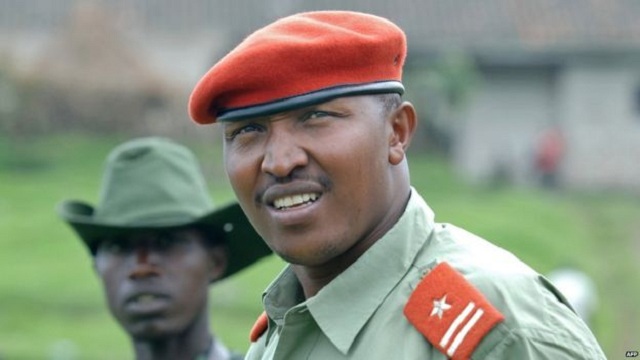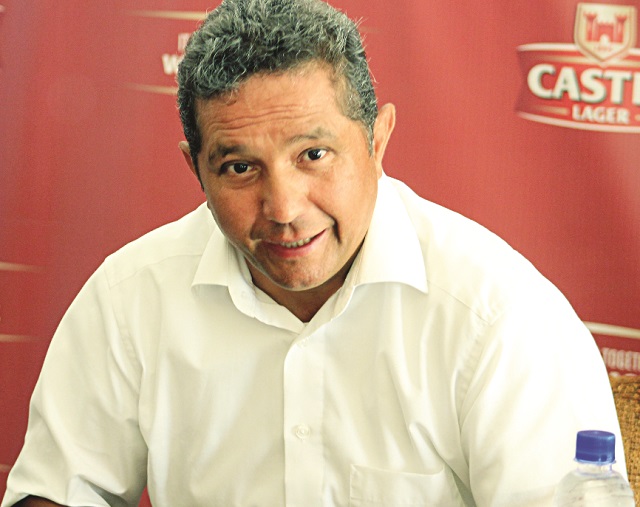DRC’s ‘The Terminator’ to testify in war crimes trial

The Hague — Congolese ex-rebel commander Bosco Ntaganda will finally testify tomorrow in his trial at the International Criminal Court, fending off accusations of using child soldiers and capturing sex slaves for his rebel army.Almost two years after the trial opened, the man once dubbed “The Terminator” will take the stand to recall events in 2002 to 2003, when his rebel forces rampaged through the vast central African country’s gold-rich Ituri province, murdering and raping civilians and plundering their possessions.
Ntaganda (43) has denied 13 charges of war crimes and five counts of crimes against humanity committed by his Patriotic Forces for the Liberation of Congo (FPLC), a Hema militia which according to prosecutors targeted the Lendu and other non-Hema groups. Fighting in
Ituri has left some 60 000 dead since 1999 according to rights groups, in a conflict exacerbated by the wealth of regional resources including gold and other minerals used in electronic products.
Ntaganda has been charged with ordering hundreds of deaths through savage ethnic attacks by the FPLC, which was then the armed wing of the Union of Congolese Patriots.
During the prosecution’s case, which took 64 days to complete, a witness told the tribunal in The Hague of seeing “tied-up bodies” left in their underwear, “their heads crushed. People were beheaded and women were disemboweled,” the witness said.
Ntaganda “personally recruited children,” said prosecutor Nicole Samson. Girls became “commandants’ wives,” added Sarah Pellet, a legal representative for 283 child soldiers. They were “kept in sexual slavery or simply given to the militia members,” Pellet said.
Ntaganda “was one of the most important commanders” involved in the savage ethic attacks carried out by the FPLC, said ICC chief prosecutor Fatou Bensouda at the opening of the trial in September 2015.
The eastern Democratic Republic of Congo has been mired for two decades in ethnically-charged wars, as rebels battle for control of mineral resources.
The unrest spiralled to encompass armies from at least six African nations, claiming an estimated three million lives in one of the world’s most deadly recent conflicts.
The ICC, the world’s only permanent war crimes tribunal, issued a first arrest warrant against Ntaganda in 2006, followed by a second with additional charges in 2012.
He was wanted in particular for a November 2002 attack on the gold-mining town of Mongbwalu that lasted six days and left some 200 villagers dead.
Despite the warrants, he managed to evade capture until he unexpectedly walked into the US embassy in Kigali in 2013 and turned himself in. It is believed dissension within rebel ranks caused him to surrender. — AFPs












Comments